Search

News & Events
Aboriginal-led survey to better understand the mental health of young Aboriginal LGBTQA+ peopleA project, lead by Aboriginal and Aboriginal LGBTQA+ researchers examining the mental health of young Aboriginal and Torres Strait Islander LGBTQA+ people, is launching a nation-wide survey, to help drive meaningful change for the community.
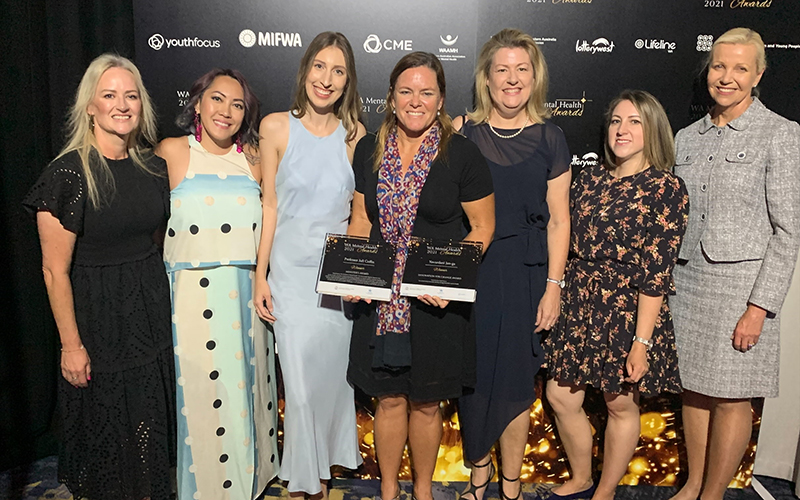
News & Events
Innovative mental health researcher takes top prize at WA Mental Health AwardsOutstanding Aboriginal mental health researcher Professor Juli Coffin has taken out top honours at the 2021 Western Australian Mental Health Awards in recognition of her ground-breaking work to enhance Aboriginal social and emotional wellbeing.
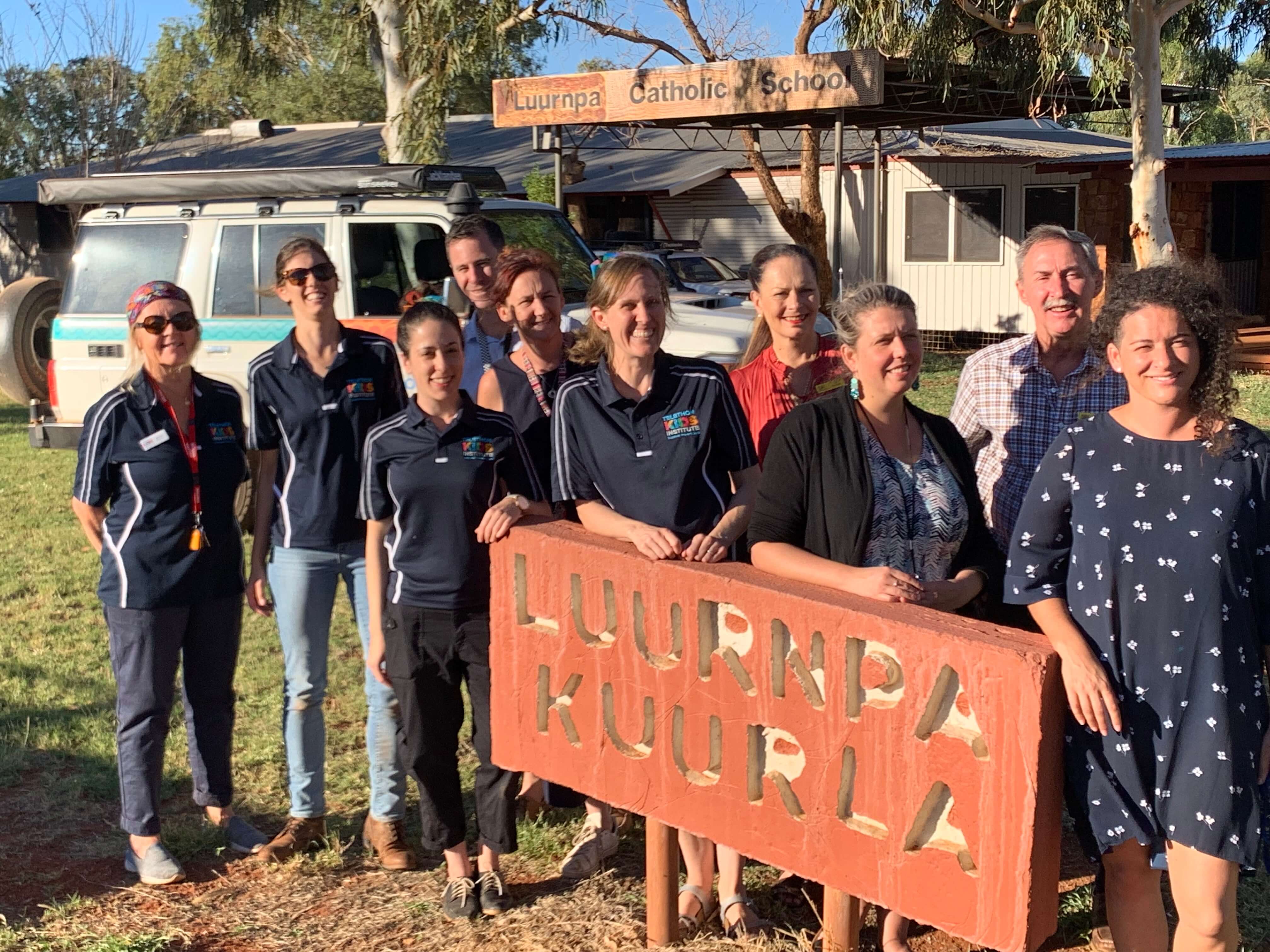
News & Events
First week of school visits mark official launch of the SToP TrialThe The Kids Skin Health team has a busy six weeks ahead - visiting nine communities throughout the Kimberley region of WA as part of the first school surveillance activities for the SToP Trial.

News & Events
Co-ordinated approach urgently required to slow progression of antibiotic resistanceAboriginal mum and child
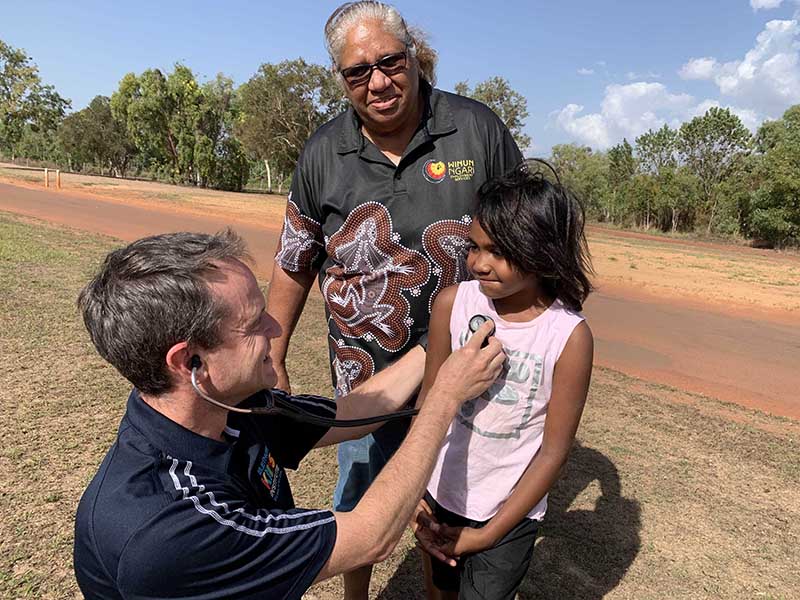
News & Events
Wet cough prevalence among Aboriginal children ‘concerningly high’The Kids Research Institute Australia and Perth Children’s Hospital clinician-researchers have found more than one in ten children across four remote Kimberley communities have protracted bacterial bronchitis.
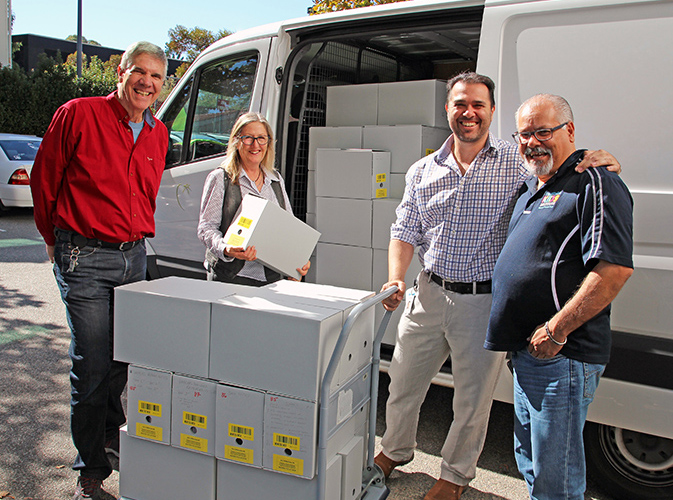
News & Events
WA Aboriginal Child Health Survey preserved for future generationsThe landmark Western Australian Aboriginal Child Health Survey has been placed into archiving at the State Library of Western Australia to be preserved for future generations.
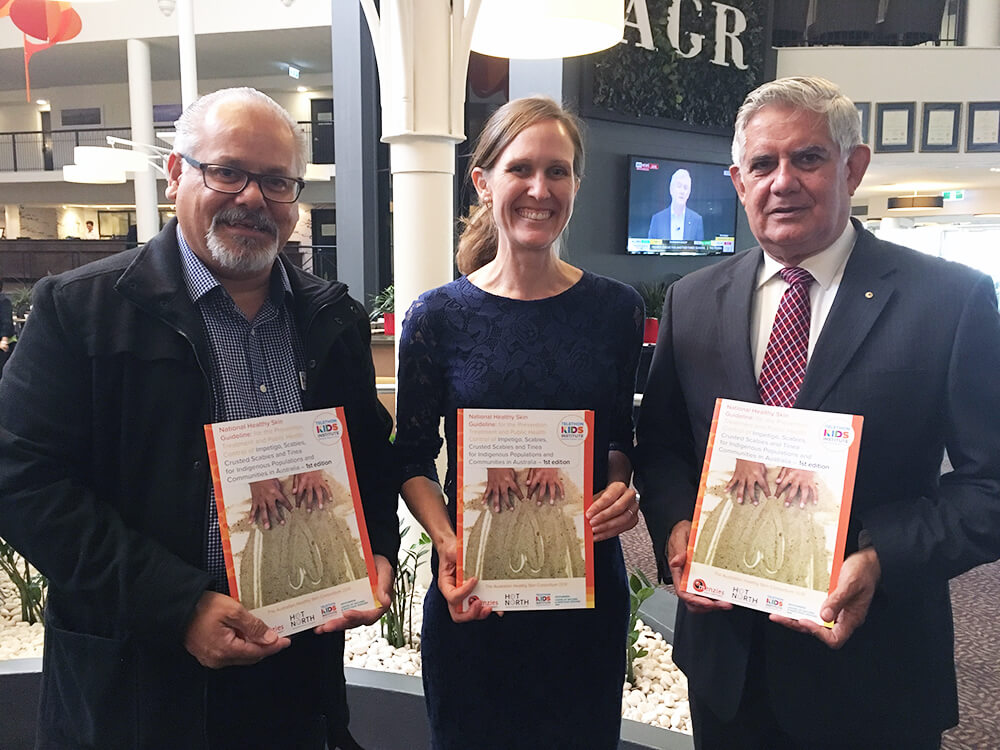
News & Events
National guideline to tackle record rates of skin infectionResearchers have developed the first National Healthy Skin Guideline to address record rates of skin infections in Australia’s Indigenous communities.
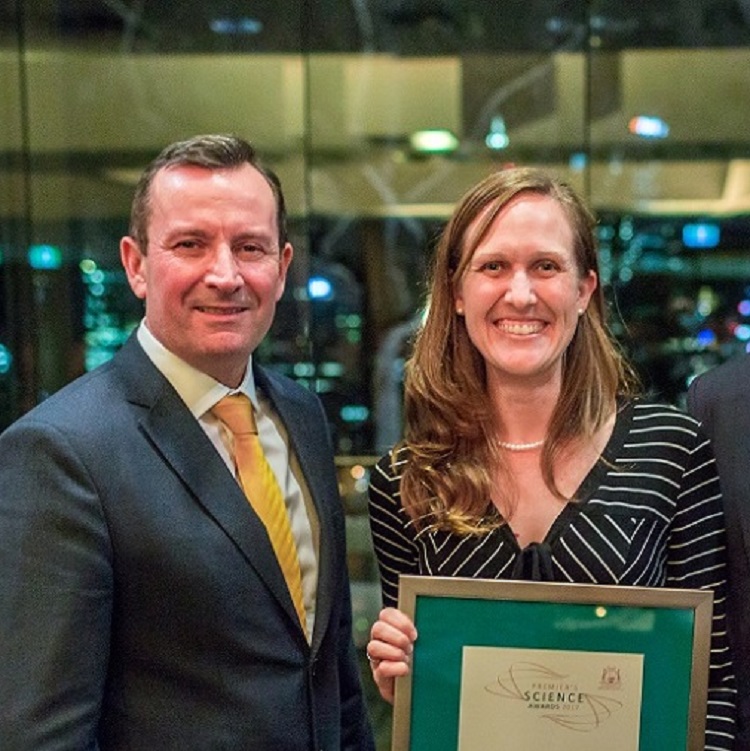
News & Events
The Kids Research Institute Australia researcher wins Premier’s Science AwardInfectious diseases researcher, Dr Asha Bowen, has won the Early Career Scientist of the Year Premier's Science Award for 2017.
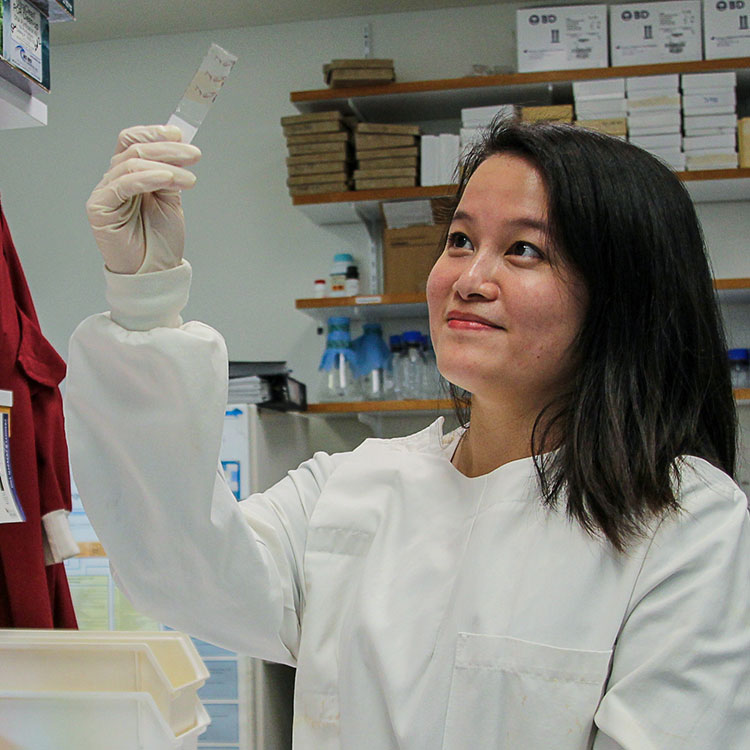
News & Events
State Government boost for The Kids researchThe Kids Research Institute Australia researchers have been awarded five of eight State Government awards designed to help cover the hidden costs of conducting research.
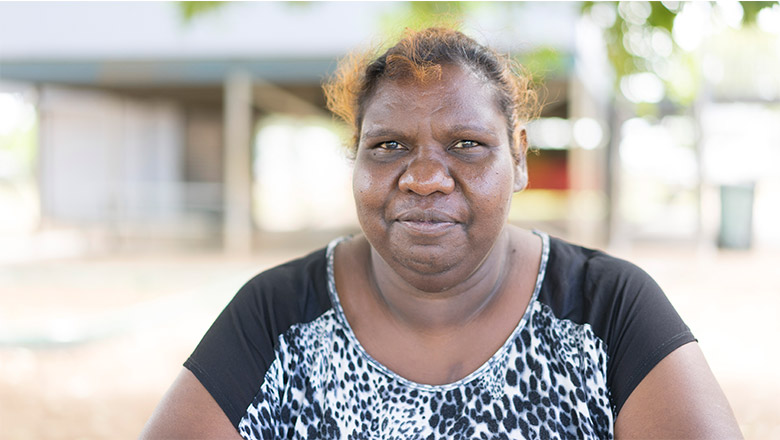
News & Events
New grant to upskill local Aboriginal women as community health researchersAboriginal women in Western Australia's Kimberley region will be become qualified as community health researchers thanks to a grant awarded to The Kids.
